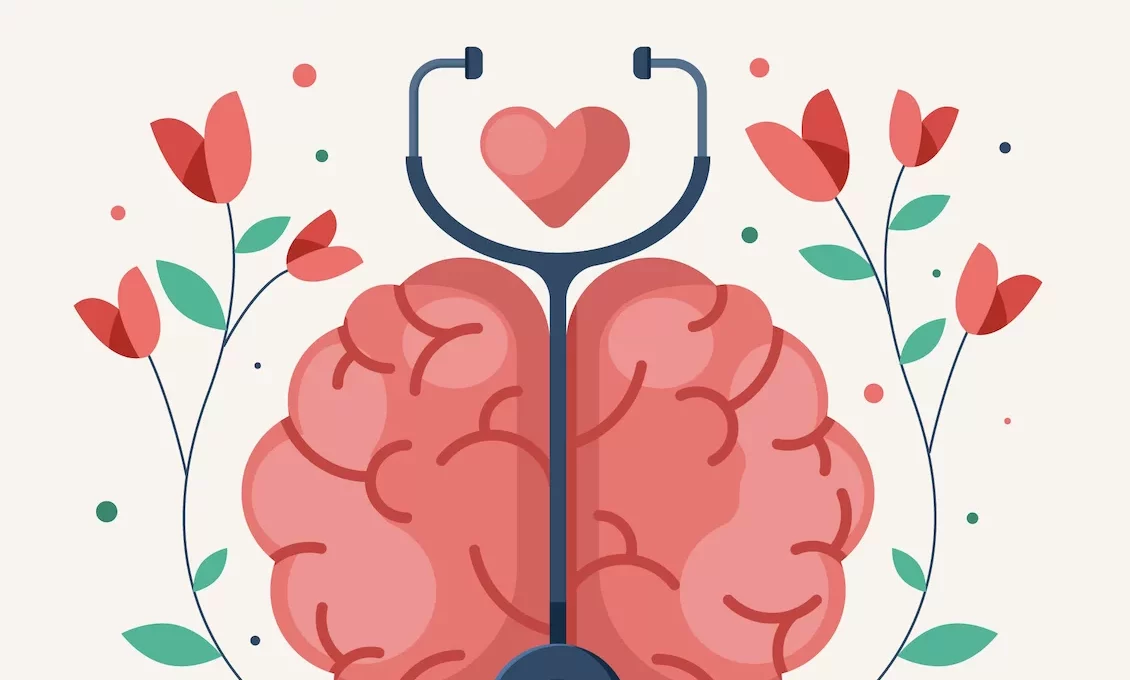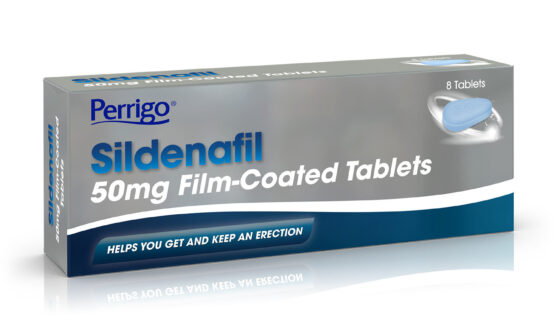Introduction
In the realm of addiction recovery, one cannot overlook the intricacy of co-occurring mental health conditions, particularly in an outpatient rehab setting. Addressing both substance use disorders and accompanying mental health issues simultaneously is vital for effective treatment and long-term recovery.
Table of Contents
Co-Occurring Mental Health Conditions: A Dual Challenge
Co-occurring disorders, or dual diagnoses, involve the combination of a mental health disorder and a substance use disorder. Common mental health conditions like depression, anxiety, or PTSD often interlink with addiction. This complex relationship creates unique challenges in treatment, as one condition can exacerbate the other.
The Role of Outpatient Rehab in Treating Dual Diagnoses
Outpatient rehab facilities play a pivotal role in treating individuals with co-occurring disorders. These programs allow patients to live at home while receiving treatment, which can be particularly beneficial for managing both addiction and mental health in a real-world context.
Advantages of Outpatient Rehab:
- Flexibility: Outpatient programs offer the necessary treatment while accommodating patients’ daily routines.
- Continuity of Care: Ongoing support is crucial for those dealing with co-occurring disorders.
- Integrated Treatment: These programs often provide a combined approach to treat both mental health and addiction issues simultaneously.
Essential Components of Effective Outpatient Treatment
Effective outpatient treatment for co-occurring disorders should include:
- Customized Treatment Plans: Addressing the specific needs of each individual’s dual diagnosis.
- Evidence-Based Therapies: Utilizing proven methods like CBT and DBT.
- Medication Management: Ensuring appropriate use of medication for both mental health and addiction.
- Support Networks: Encouraging group therapy and family involvement.
- Holistic Approaches: Including mindfulness and lifestyle counseling.
Choosing the Right Outpatient Program
Selecting an appropriate outpatient program is crucial. Facilities that specialize in co-occurring disorders, such as a drug rehab, are typically more equipped to handle the complexities of dual diagnoses.
Conclusion
Successfully treating co-occurring mental health conditions in an outpatient rehab setting requires a nuanced approach that addresses both aspects of the dual diagnosis. Personalized treatment, evidence-based therapies, and holistic care are key components. Facilities like Grace Recovery, focusing on drug rehab with a comprehensive understanding of co-occurring disorders, offer the kind of integrated care essential for effective treatment and sustainable recovery.
For additional information and resources, the Substance Abuse and Mental Health Services Administration (SAMHSA) and the National Institute on Drug Abuse (NIDA) provide valuable insights into co-occurring disorders and treatment options.







